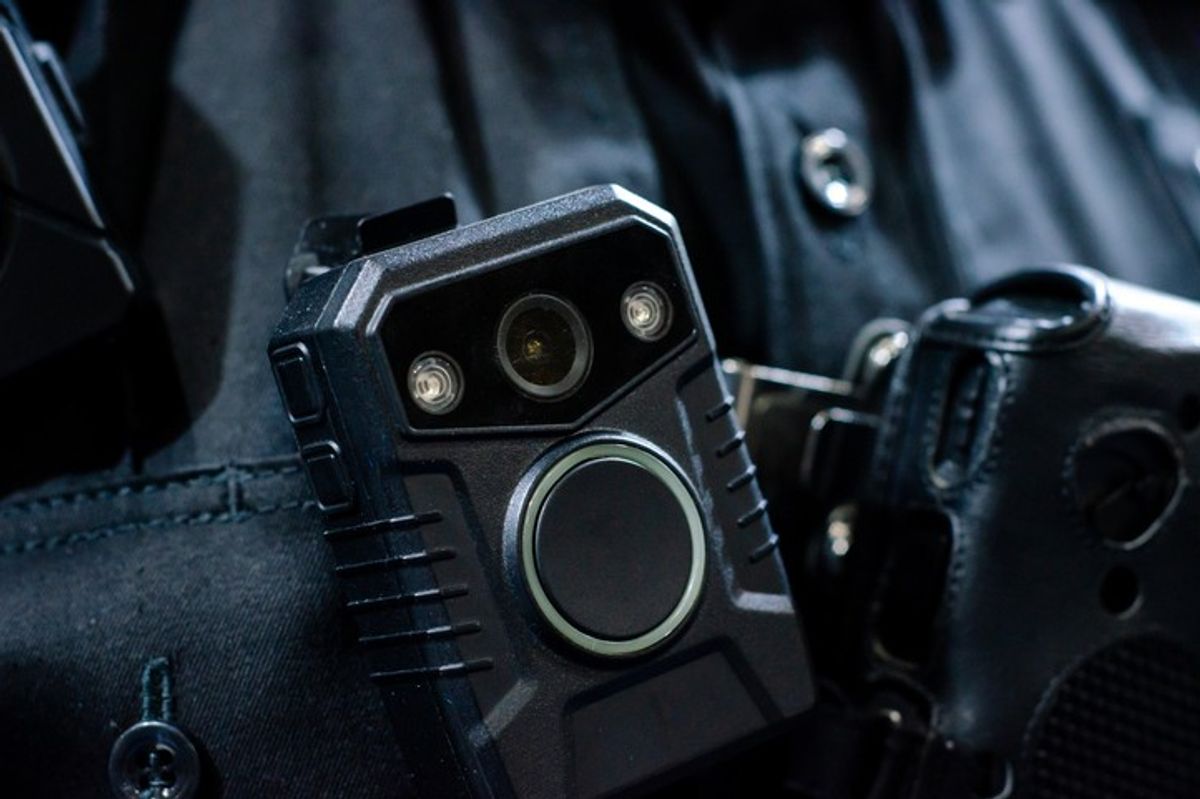A good majority of shoppers in the UK are supportive of body worn cameras on retail staff, claims a recent study, suggesting Brits' changing outlook on these devices that are increasingly used to deter shoplifters in convenience stores and supermarkets.
A nationwide study by body-worn camera company, HALOS, has found that two-thirds (68 per cent) of the public believe the primary reason businesses should use body-worn cameras is to protect retail staff from abuse.
The majority (60 per cent) believe the cameras help deter antisocial behaviour in busy public settings like supermarkets or train stations, while a further 68 per cent believe they reduce theft and other criminal activity.
In a sign of shifting attitudes, almost a third (31 per cent) also value their role in capturing evidence during disputes.
More than half of UK consumers (55 per cent) say body-worn cameras make them feel safer, while 44 per cent admit the presence of one would make them reconsider how they act.
And while the technology is becoming more common across public spaces, it isn’t always front of mind. Just over a third of people (38 per cent) say they’ve never noticed a body-worn camera in action – suggesting that for many, the cameras are doing their job quietly, without disrupting the atmosphere.
Whilst about 21 per cent say they feel uncomfortable when they do spot one.
It was reported last year Lincolnshire Co-op has issued body cameras to staff following a rise in abuse by customers at its 99 food shops and 44 pharmacies.
The cameras have been introduced after a six-month trial. They are worn on the chest and activated by the flick of a switch. Customers are able to see themselves being filmed on a forward-facing screen.
Poundland staff is also said to be wearing body cameras in the face of rising abuse of retail staff.
Matthew Dawes, head of enterprise solutions at HALOS, said the findings point to a growing maturity in how the UK public views safety technology.
“A few years ago, the presence of a body-worn camera might have felt unusual or even confrontational,” he said.
“Today, they’re a quiet reassurance to both the wearer and the everyday person. They’re a sign that staff and consumers are protected, and that there’s a line between order and chaos that doesn’t need to be loudly enforced.”
With retail footfall climbing and a season of busy events ahead, Dawes also notes that the pressure on frontline workers is only set to grow.
“People expect safe, respectful environments as a standard, and the data shows they’re comfortable with technology playing a role in that. Cameras don’t have to be obvious to be effective. They just have to be there when it counts.”


